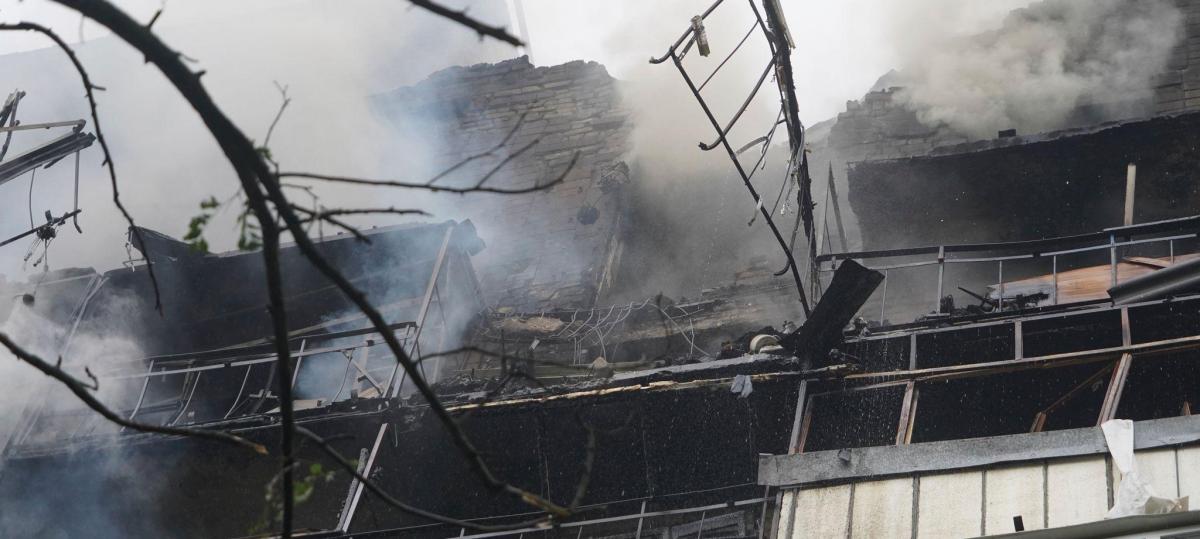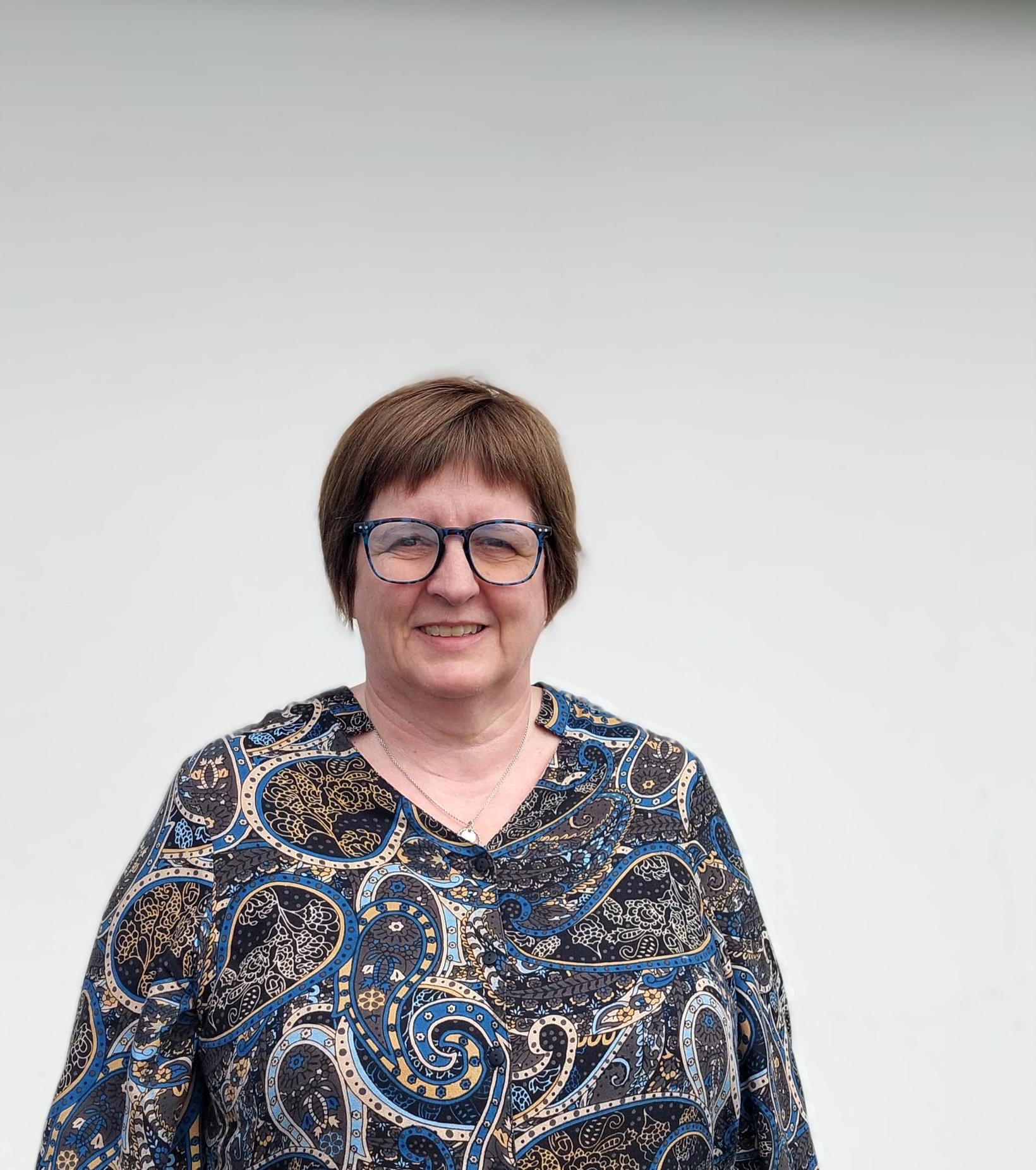What does NRC think | Granting authority over child is never allowed without preparation
:format(jpeg):fill(f8f8f8,true)/s3/static.nrc.nl/taxonomy/bf9b707-commentaar-itemafbeelding-2024.png)
Good preparation is half the battle. The Child Protection Board in the The Hague region, however, believes that it can be done at all without preparation. In hundreds of cases per year – from fight divorces to arguing about parental authority – the employee of the council comes to court unprepared, unveiled NRC. Council staff in The Hague do not read the underlying file and nevertheless advise during a session of a maximum of forty minutes about who of the arguing parents deserves authority, gets the most time with the children and with which care the family and the children are best finished.
Every year around 42,000 children experience that their parents divorce or separate. Often that is relatively harmonious, but if parents remain disagreement about where the children will live or how the care is distributed, the judge decides. The falling apart of a family is already traumatic for children. The party does not want to choose one parent. Children are often boundless loyal to both parents.
The Child Protection Board is there to watch the interests of the child in these types of things. Before the court, the advice of the council as an independent expert therefore weighs heavily. Elsewhere in the Netherlands, employees of the council do study the underlying file, underline family law experts. That is crucial because such a file contains the entire history, for example also instructions of domestic violence that do not come up during the session.
The council cannot give a valid explanation for the unprepared practice. The local ‘uniform aid offer’ that fight divorces must break into the bud, exists throughout the Netherlands. Figures showing that the Hague Child Protection is substantially attending more lawsuits than elsewhere, the council cannot consult. Without numerical substantiation, possible arguments such as lack of time and staff shortages do not apply.
Family court cases are not public. And although there are good reasons for that from a privacy point of view, it also makes you think. It means that abuses are less likely to be noticed. NRC came across the Hague practice after a cry for help on LinkedIn from a family law lawyer who received support from colleagues. It was not the first cry for help. Last year A few juvenile judges warned That they have too little time to hear the child during a divorce case: ten to fifteen minutes. This is called ‘the child conversation’ and has only been around for a few years. At the time, juvenile court judge Bart Tromp emphasized that children’s judges decide on children in extraordinary nasty circumstances. « We do that with a conversation of ten to fifteen minutes. That must be done differently. »
It should not be surprising that the pressure on family justice is great. It is reprehensible that parents and children who have been in the court in The Hague in recent years now have to learn from the media that the Child Protection Board has been unprepared about their case. From the court of The Hague and the Council it could have been expected to inform lawyers, parents and children in advance about the working method in the district of The Hague.
They have little to do with the explanation that the council says it will be prepared at the really heavy cases: every lawsuit about child and authority is a tough one. Family lawyers now want the councilor to remain silent if he has not read the file. Being unprepared at the hearing is not a child protection.

/s3/static.nrc.nl/wp-content/uploads/2025/06/07205024/APTOPIX-French-Open-Tennis_68340020.jpg)
/s3/static.nrc.nl/wp-content/uploads/2025/06/07171846/web-0706nws_ozempic-nieuw.jpg)
/s3/static.nrc.nl/images/gn4/data133354271-8dc659.jpg)




